CONNECT NOOSA
Peter Kuruvita
‘Deep and long’ roots
A celebrated chef and restaurateur with a resume that includes the roles of TV presenter, author, industry speaker, tour guide, and food and beverage consultant, Peter Kuruvita has a passion for food and cooking that is rooted in his grandmother’s kitchen – in his ancestral home in Greater Colombo.
Born to a Sri Lankan father and Austrian mother, Peter spent the first four years of his life in England before his family relocated to Sri Lanka in 1967 and thereafter, Australia.
Throughout his culinary career – a journey that spans more than four decades, Kuruvita worked at Michelin star restaurants such as Rue St Jacques and The Waterside Inn, as well as hotels and resorts including Four Seasons Philadelphia (in the US), Yasawa Island Resort & Spa (in Fiji) and Hayman Island Resort (in Australia).
He is also known for having established Flying Fish in Sydney, Noosa Beach House on the Sunshine Coast in Queensland (a joint venture with Sheraton Noosa), Flying Fish Fiji and his most recent venture – ALBA by Kuruvita.
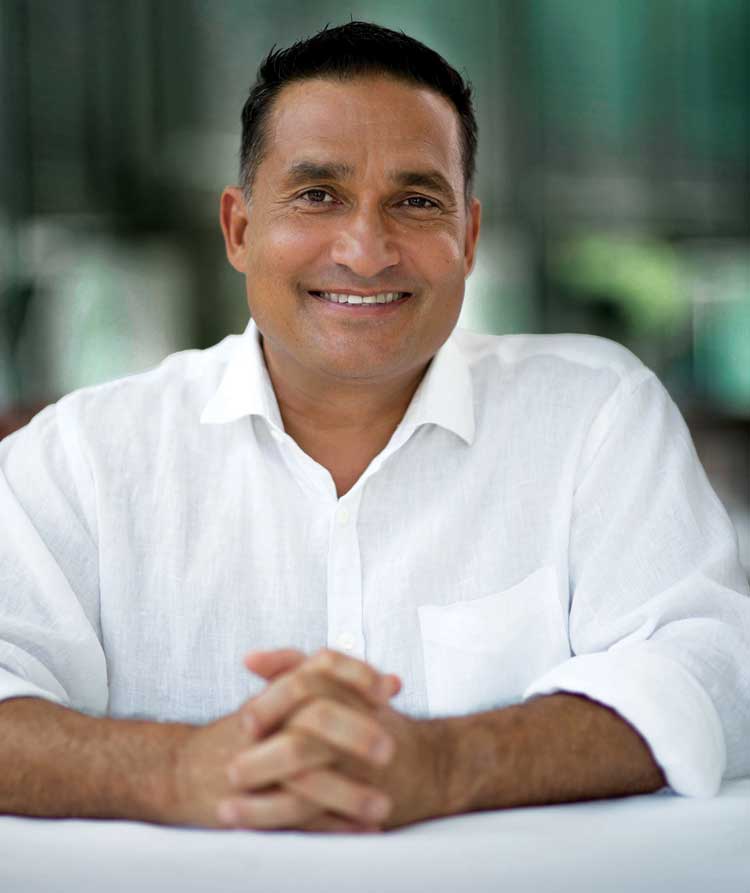
And Kuruvita is a brand ambassador for Lexus, SriLankan Airlines, Dilmah, Smeg and Stoddart Hello Pure (organic coconut products).
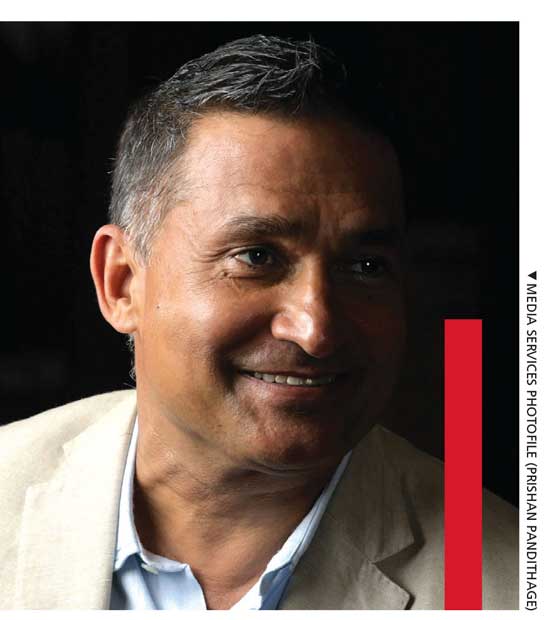
Asked what his future goals are, he cites retirement, adding: “But if I retire, I’m not going to stop. I am already making the transition, shifting from the kitchen to more management and consultancy roles.”
In this exclusive interview for LMD International’s second cover story, Peter Kuruvita describes his connection with Sri Lanka and culinary influences, and stresses the importance of hard work when pursuing success as an entrepreneur.
Nicola Jayasundera caught up with him while he was in Sri Lanka recently.
My father was Sri Lankan; my mother was Austrian. We went to Sri Lanka when I was four – my father drove us from London to Colombo in 1967
Q: How would you describe your Sri Lankan roots and connection with the island?
A: ‘Deep and long’ would be a way to describe my roots. Our house, which is 300 years old, still stands in Karagampitiya and my family has lived there all that time.
My father was Sri Lankan; my mother was Austrian. We went to Sri Lanka when I was four – my father drove us from London to Colombo in 1967. I connected with the country for many reasons – that house, the people in it and the memories associated with it feature at the top of this list.
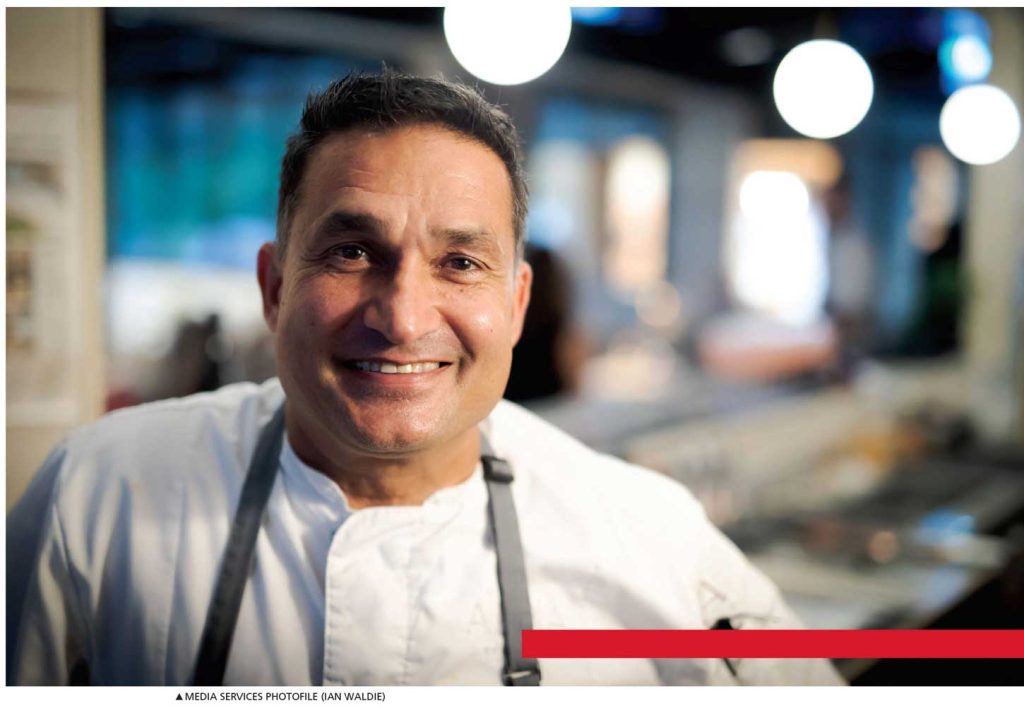
When I completed my cooking apprenticeship at around 20, I travelled but ended up returning to Sri Lanka. That’s when I felt the connection deepen; and over the years, I’ve returned frequently.
The easiest way to put it would be to say ‘I feel at home – with the people and country.’ I’m proud of the heritage and history. My residence is in Australia while my heart is in Sri Lanka.
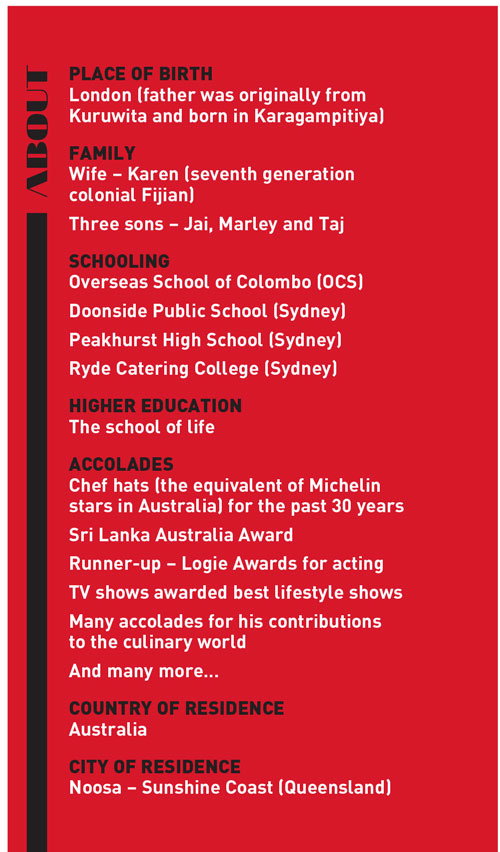
Q: Given your Sri Lankan ancestry and travels around the world, what has influenced your culinary style the most?
A: I’m a classically trained French chef. I began cooking when I was 16; and at the time, I learned a lot and loved the job.
When I returned to Australia after travelling the world, I found a job with a famous chef named Neil Perry who – for the first time in the fine dining and refined restaurants field in Australia – introduced Asian food to menus.
It was at that stage (in 1985) that I asked myself: “What about me and my heritage?”
Since then, I’ve tried to bring Sri Lankan food to the fine dining table – not by simply putting rice and curry on a plate, but retaining the original flavours and serving it in a contemporary way.
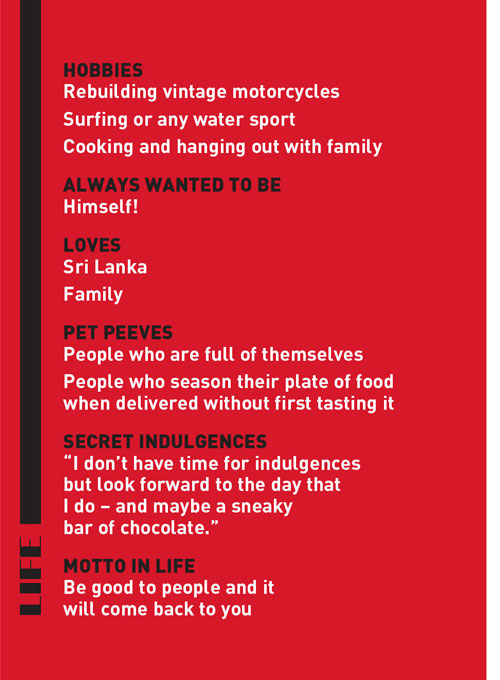
My training in French food allowed me to be able to plate Sri Lankan food in a modern way; this way, my heritage and the flavours of Sri Lanka would be accepted anywhere in the world.
I feel that I – and many others – have a big role to play in bringing Sri Lankan food outside the umbrella of Indian food. And I believe that it stands on its own as a cuisine today.
Q: You count some four decades as a renowned chef, television presenter, author and restaurateur cum entrepreneur… So what led to your passion for food?
A: I didn’t know I wanted to do this. Australia was a harsh place for a brown kid in 1974 and after seeing my parents being treated poorly, I’d forgotten my roots as I was fighting for life at that point.
“You liked cooking with your grandmother,” my father mentioned, as we were driving down the road one day – and I replied: “Yes. So?”
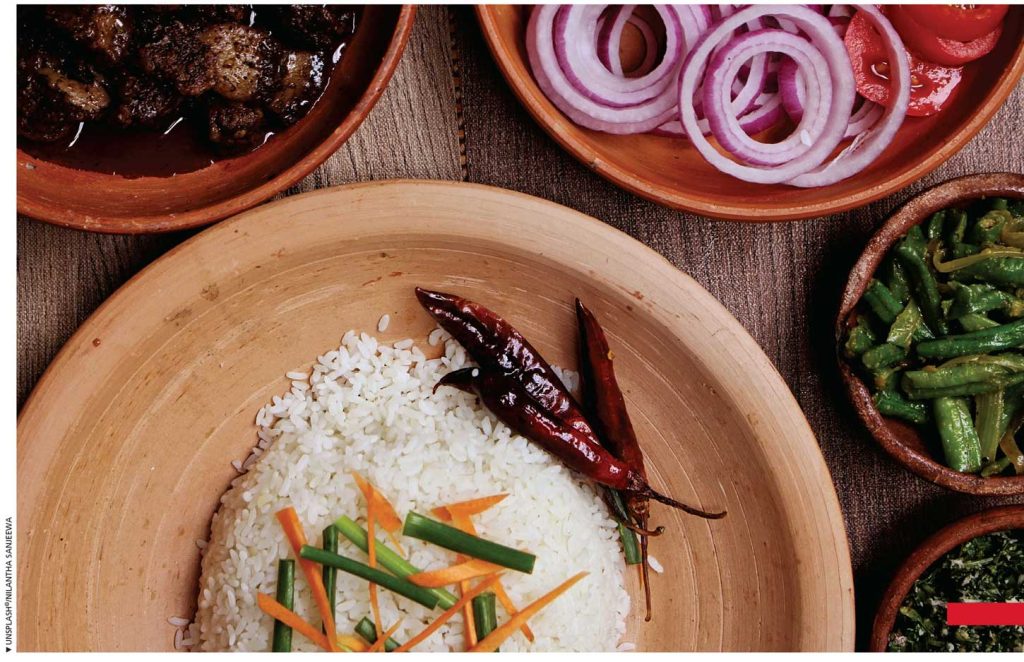
I hadn’t thought about this in years but he stopped outside a restaurant and told me to ask for a job. That was how it began. Despite refusing initially, I found my passion once I walked through the door.
So I immersed myself in cooking – it’s great, fun and hard. And it is still exciting. The creativity, constantly changing environment and people with various diets… it’s different every time.
I feel that I – and many others – have a big role to play in bringing Sri Lankan food outside the umbrella of Indian food. And I believe that it stands on its own as a cuisine today
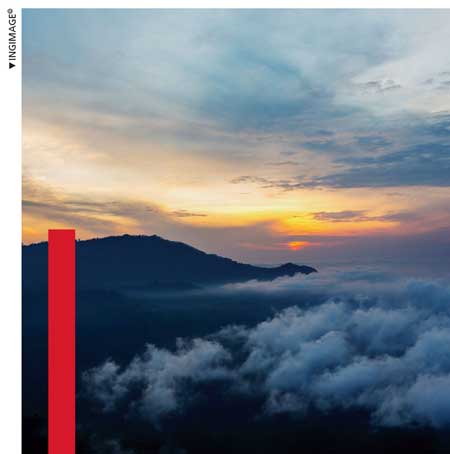
Q: In your opinion, what does it take to be a successful entrepreneur?
A: There is no easy way to be successful. You need to be determined, have a good business sense and be willing to work very hard. And hardships create the motivation to be better.
Q: Having trained under so many renowned chefs, what are the key lessons you learned from them?
A: I learned the importance of hard work. The amount of time you need to perfect your craft is immense. In France, you spend four years as a pastry chef and four more as a chef to become a qualified chef after 10 years.
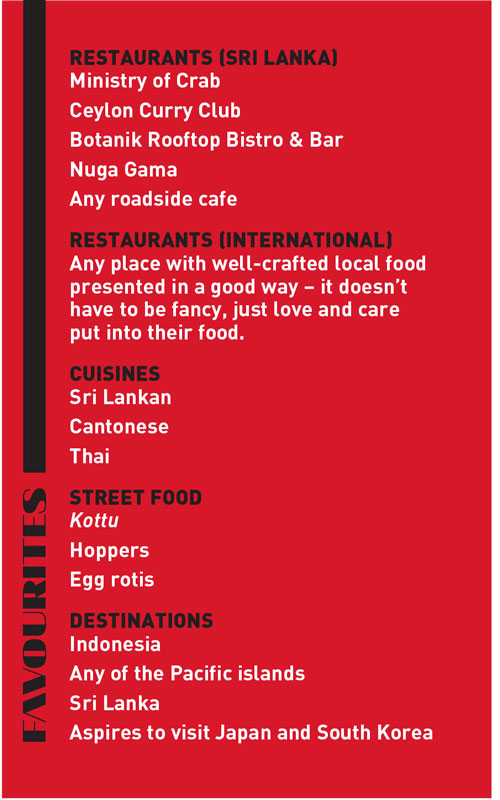
I’ve always admired those chefs because not only could they cook but they also led by example. I aspired to be like them because they worked hard for success and recognition.
But once the recognition comes, you must maintain it. If you rest on your laurels, you’ll go downhill.
Q: How did you know you were ready to launch Flying Fish and now, ALBA by Kuruvita?
A: Flying Fish was launched in 2004. While I was the Executive Chef of Hayman Island Resort, I was approached by an investor who bought an incredible building and was looking for a headlining chef. Once I saw the project, I realised it was an opportunity to be a partner instead of a chef.
As for ALBA, the name was inspired by the highest grade of Ceylon cinnamon. It came about after the pandemic when I was looking to wrap up being a restaurateur.
I was approached by a group of property investors who had built a large complex that needed a restaurant precinct. So I proposed a cooking school – which I was passionate about launching – and they agreed.
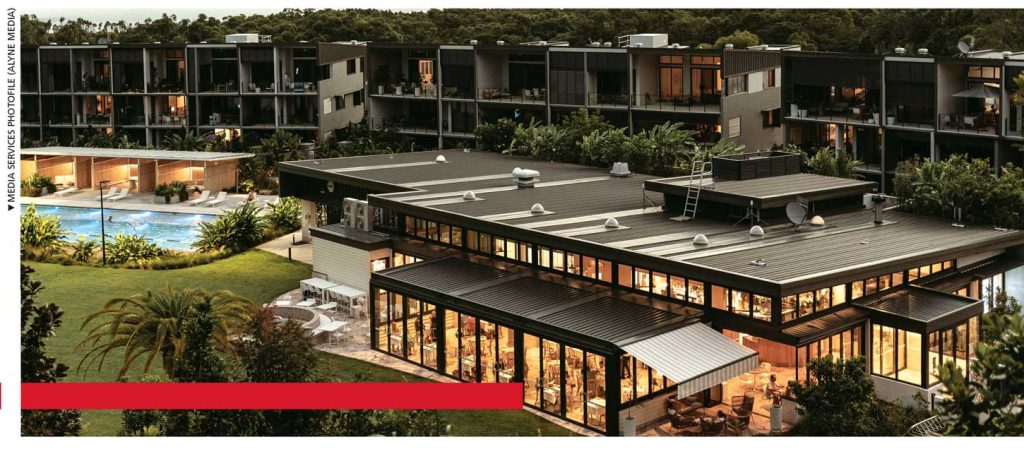
While walking through the property’s 500 square metres, I came across the perfect space. For the design concept, with which my wife helped, we plotted a casual cafe dining area while bringing in a beautiful pizza oven, turning it into a cafe, pizzeria and coffee shop.
The idea was to have a multifaceted and multi-income business that would support itself. Furthermore, the designer was asked to make it look like a branded house and the best hotel lobby you’ve ever seen.
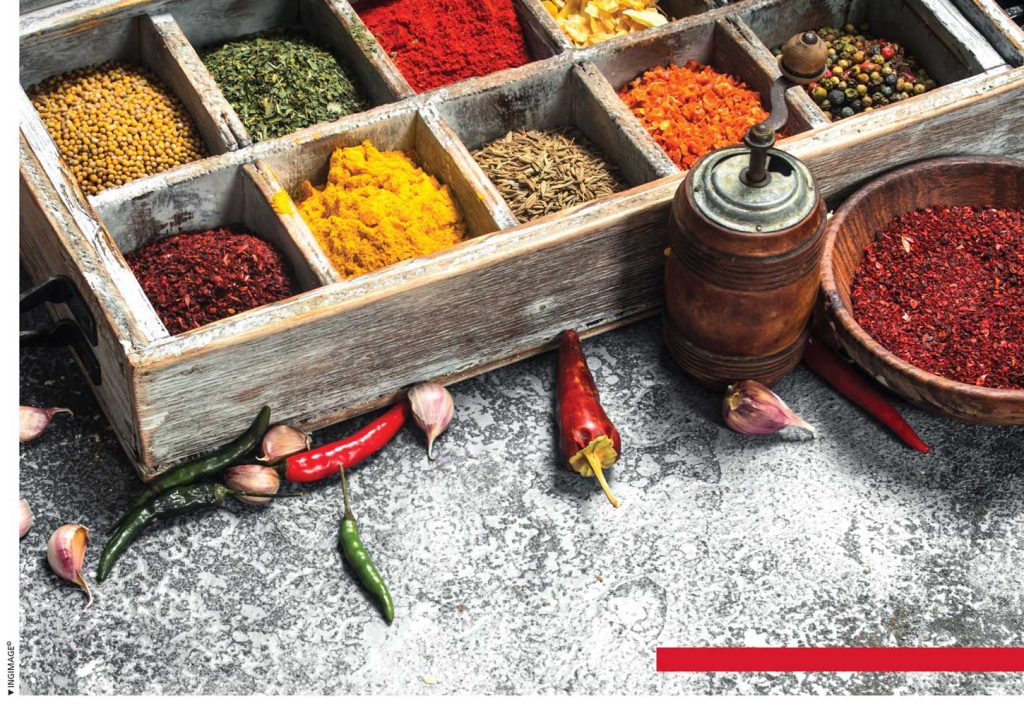
Q: And how do you balance being an innovative chef with your career as a restaurateur?
A: They go hand in hand. I still design all the menus and monitor the restaurant while I’m away.
Additionally, you engage good chefs and floor people, and empower them so that they’re as proud of the business as you are. If you empower people, they will treat your business like their own and therefore, everybody is a part of it.
As for innovation, I create recipes every day.
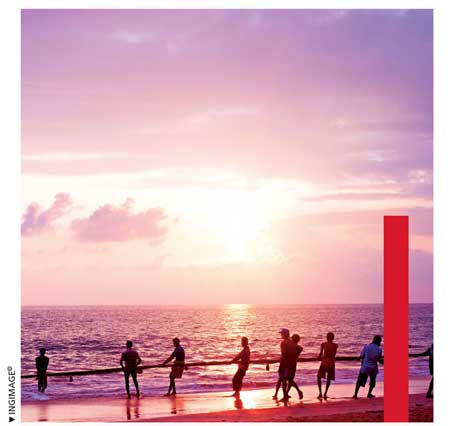
Once the recognition comes, you must maintain it. If you rest on your laurels, you’ll go downhill
Q: How can Sri Lanka’s tourism product be marketed by incorporating its culinary offerings?
A: I’m doing it but there is more to be done.
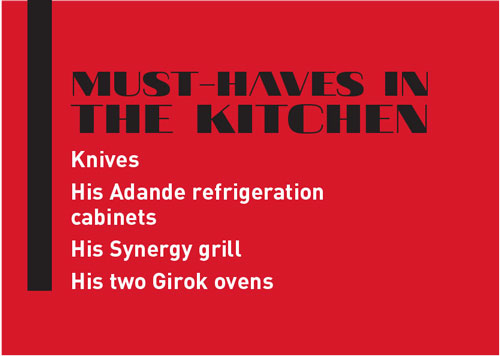
The main question I’m asked in Australia is whether Sri Lanka is safe. We need a message from the government that welcomes people to the country. Hotel and boutique groups market it individually but ‘Brand Sri Lanka’ needs to be put out there.
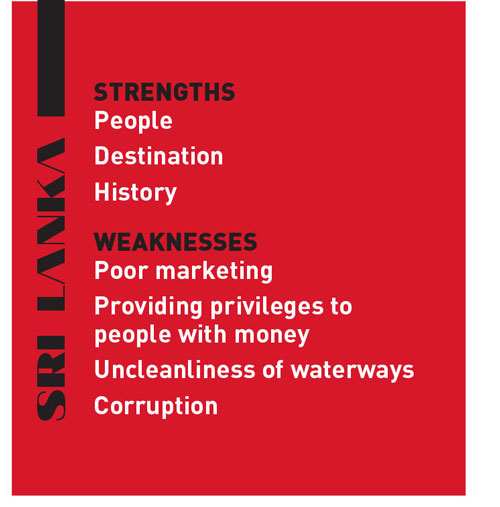
People who visit Sri Lanka and eat the food are blown away. The country’s cuisine is based on health and Ayurveda. While it’s predominantly vegetarian, which is trending globally, you can eat meat if you want to because it is inclusive.
I love that each home has its own way of cooking the same dish. There’s a national cuisine that you can stick to, and all I do is pluck parts of it and put it on the modern plate.
Q: Your take on the ‘grass is greener’ in foreign lands is…?
A: Come and see! The grass is greener only if you’re willing to put in the effort. For example, living in Australia is costly but there are no privileges based on who you are.
If you work hard enough, you can rise.

We need a message from the government that welcomes people to the country… ‘Brand Sri Lanka’ needs to be put out there
Q: What do you appreciate most about Sri Lanka?
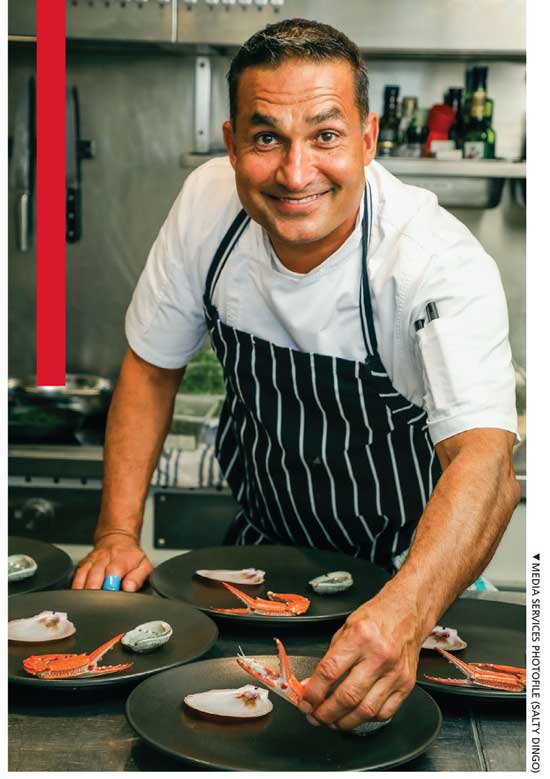
A: The people – Sri Lankans are among the most hospitable, warm and welcoming people. At the end of the day, hospitality is a part of Sri Lanka’s DNA. People I’ve spoken to have said that no matter where you go, the hospitality, smile, warmth and openness are amazing.
Given my Sri Lankan heritage and that of my children, I have pride in the country’s history and culture. After 450 years of colonisation, Sri Lanka still has its own identity. That short period of colonialism is a drop in the ocean compared to the 2,000 years prior.
Q: Who has inspired you the most?
A: My dad and mum gave me sound human skills, and taught me to be respectful and work hard. The simple things taught when you’re younger should be carried on.
Greg Doyle taught me how to be a good chef while Leon Fink taught me finance, enabling me to transform my passion for cooking into something of value to make money.
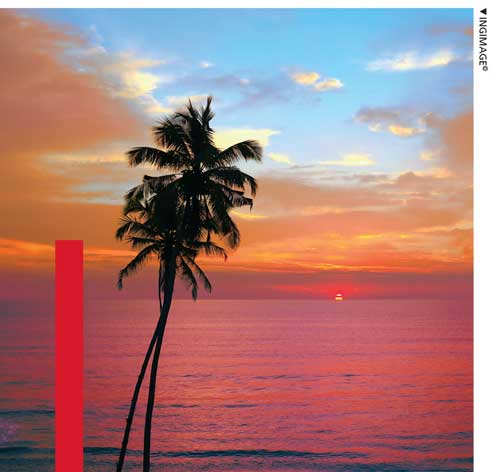
If you empower people, they will treat your business like their own
